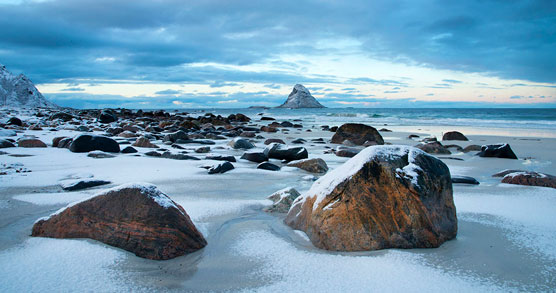*A Swedish and Finnish collaboration on increased protection of the Arctic marine environment
21–22 September 2017
Finnish Environment Institute (SYKE)
Mechelininkatu 34a, Helsinki
Outcomes
Background
Climate change and ocean acidification are serious threats to the Arctic environment and to Arctic livelihoods. In the highly dynamic Arctic environment, management tools need to address climate change and ocean acidification effects and be adaptive to change. Marine Protected Area (MPA) networks have been proposed as an important tool for ecosystem-based management, with the potential to strengthen marine ecosystem resilience that underpins human wellbeing – including traditional and modern livelihoods and lifestyles.
Knowledge of the dynamics and complexity of the Arctic marine environment, and its stressors, forms an integral part of management, including the development of area based management tools like MPAs. The governments of Finland and Sweden will organize an expert workshop as part of the Arctic Council effort to strengthen the cooperation between the Arctic Council countries on MPAs.
The workshop is one in a MPA workshop series supporting the Protection of the Arctic Marine Environment (PAME) Working Group’s project studying best practices for linking area-based conservation measures to categories of Arctic marine biodiversity in support of the long-term conservation of the Arctic marine environment and associated services and cultural values. Key aspects of this collective work within the Arctic Council include ways to build and strengthen networks of MPAs in the context of climate change and ocean acidification, as well as incorporating traditional and local knowledge (TLK).
Aim
The aim of the workshop was to take stock of the current scientific understanding (including TLK) and identify important new research questions on MPA networks and how such networks, and other area-based measures, may be used to decrease the negative effects of climate change and ocean acidification and their interactions with other human induced stressors in the Arctic. The workshop also briefly touched data availability related to these questions.
Outputs of the workshop will be published as
- meeting report that aims to contribute to the scientific basis for the potential of MPAs to meet the threats posed to Arctic ecosystems and livelihoods, and
- a concise report card for targeted to decision makers and a wider audience.

Photo: Riku Lumiaro